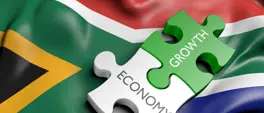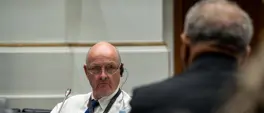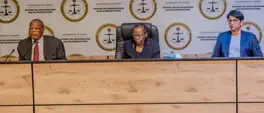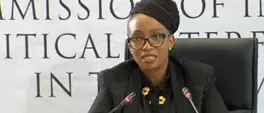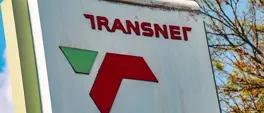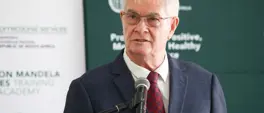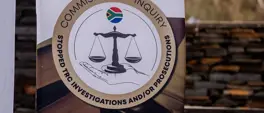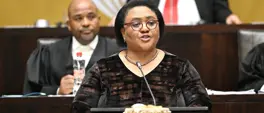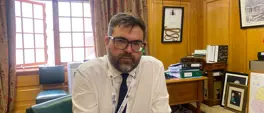ANC defends BEE, admits some aspects of it might need tweaking
Tshidi Madia
3 August 2025 | 10:05This comes in the wake of 30% tariffs being imposed on South Africa by the United States, and some blaming policies adopted by the ANC for this.
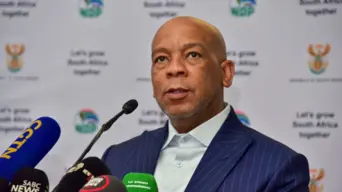
Electricity Minister Kgosientsho Ramokgopa. Picture: @GovernmentZA/X
EKURHULENI - The African National Congress (ANC) has moved to, once again, defend Black Economic Empowerment (BEE), though it admits some aspects of it might need tweaking.
This comes in the wake of 30% tariffs being imposed on South Africa by the United States, and some blaming policies adopted by the ANC for this.
The party is currently holding a four-day national executive committee (NEC) meeting in Germiston in Ekurhuleni.
It said BEE remains central and is a principal anchor of the transformation agenda.
Lobby groups like AfriForum have blamed the ANC's policies for US President Donald Trump's tariff increase—this is despite America's wholesale approach to hiking levies for more than 90 other countries.
The ANC also fobbed off those claiming it undermined growth, saying it's possible to achieve both.
ANC NEC member Dr. Kgosientso Ramokgopa said BEE is here to stay.
“But we do accept that there is a case for us to rethink how it’s going to be implemented going into the future, but we are not about to abandon it. I think there are lessons over the period since it was introduced, and we do accept that there is some degree of tweaking, and some of it must be a substantial revisit of how it’s going to be prosecuted, “ said Ramokgopa.
The Electricity Minister said his party is worried about the misinterpretation of the policy, saying this has created an opportunistic element.
He went on to cite a phenomenon mostly in the infrastructure sector—construction mafias—which have disrupted several major projects across the country in the demand of a 30% stake.
Ramokgopa said the government, since the 6th administration, has been working on managing the trend.
“It’s important that we are able to distinguish a criminal element, a criminal enterprise that abuses what we mean by Black economic empowerment, and the honest intentions of how we want to incorporate the participation of local communities and the minimum flow of 30%,” he added.
Get the whole picture 💡
Take a look at the topic timeline for all related articles.


